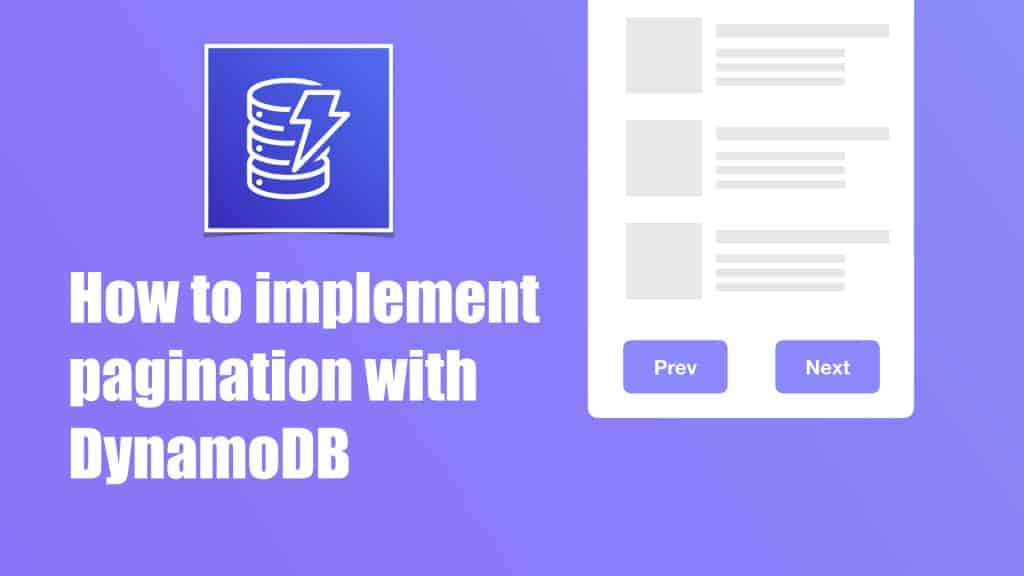Serverless Observability slides and video
Hello, the slides and recording of my talk — The present and future of Serverless observability — at ServerlessConf Paris is now available. Enjoy! :-) The present and future of Serverless observability from Yan Cui

